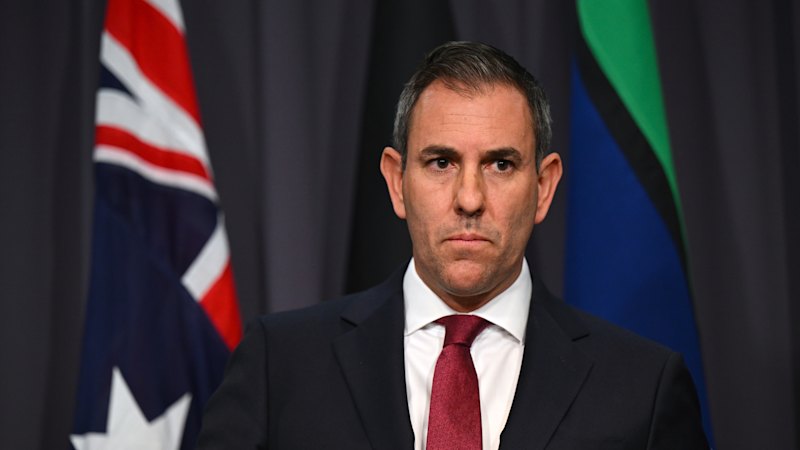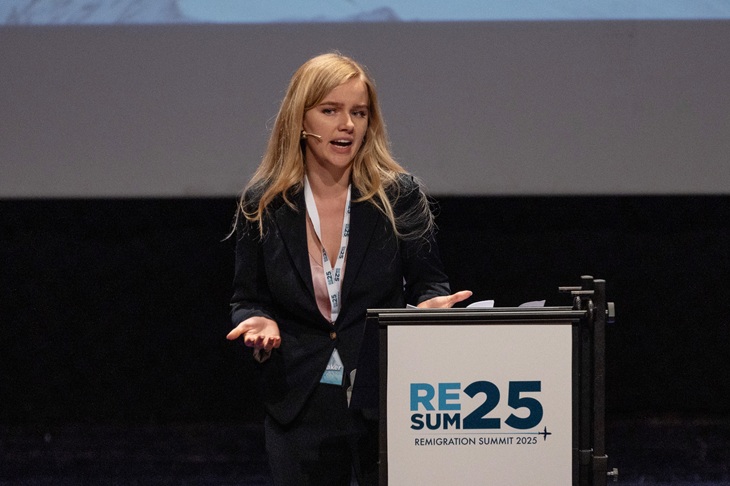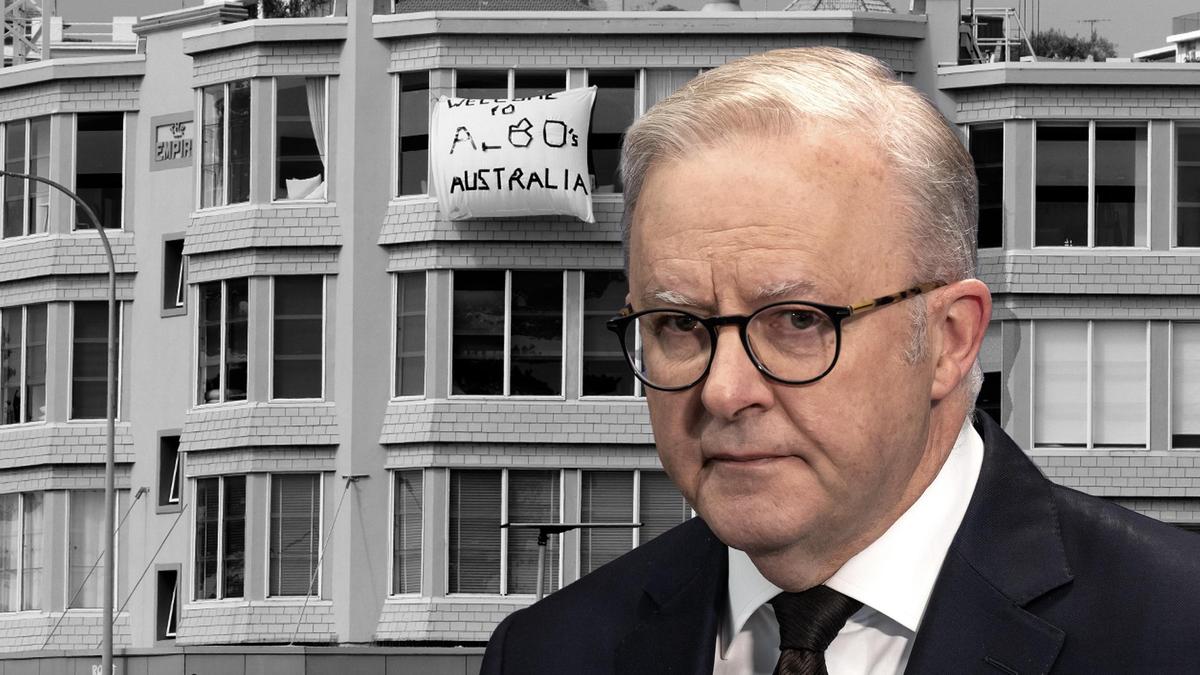
Australian officials are racing to understand the implications of U.S. President Donald Trump’s proposed 200 percent tariff on pharmaceutical imports, a move that threatens more than $2 billion worth of Australian exports annually. Despite the looming threat, Australian Treasurer Jim Chalmers has firmly dismissed any possibility of altering the country’s Pharmaceutical Benefits Scheme (PBS), a critical program that subsidizes medicines and negotiates bulk discounts with manufacturers.
The announcement comes as Trump, during a recent cabinet meeting, revealed plans to impose a 50 percent duty on U.S. copper imports. He further indicated that pharmaceutical manufacturers might be given a year before facing the full brunt of the 200 percent tariff on foreign-made products. “They’re going to be tariffed at a very, very high rate, like 200 percent,” Trump stated, emphasizing the need for these companies to adjust accordingly.
Impact on Australian Exports
Pharmaceutical products rank as the third-largest category of Australian exports to the U.S., trailing only beef and gold. This sector, valued at approximately $US1.3 billion annually, includes significant contributions from biotech giant CSL, which also operates extensively in the United States. Chalmers highlighted the sector’s vulnerability, noting, “Our pharmaceuticals industry is much more exposed to the U.S. market, and that’s why we’re urgently seeking more detail on what’s been announced.”
Chalmers reiterated Australia’s stance on the PBS, stating, “I want to make it really clear once again, as we have on a number of occasions before, our Pharmaceutical Benefits Scheme is not something that we’re willing to trade away or do deals on.”
Background and Industry Reactions
In March, the PBS faced criticism from American pharmaceutical giants like Pfizer, who urged Trump to impose punitive tariffs on Australia, arguing the scheme was anti-competitive. The PBS, which cost Australian taxpayers $17.7 billion last financial year, enables Australians to purchase life-saving drugs at significantly reduced prices, often as low as $31.60 per prescription.
The Pharmaceutical Research and Manufacturers of America, an industry lobby group, has labeled the PBS as “egregious and discriminatory,” claiming it undermines market competitiveness. Following Trump’s tariff announcement, the S&P 500 index of drugmakers turned negative, with shares of major manufacturers such as Eli Lilly, Merck, and Pfizer experiencing declines.
Wider Trade Implications
Trump’s tariffs are part of a broader strategy under the Trade Expansion Act of 1962, targeting imports deemed a threat to national security. The copper tariff, although anticipated, poses a significant challenge to an industry reliant on both domestic production and imports from key trade partners. The directive comes amid rising global demand for copper, driven by sectors such as data centers and electric vehicles.
Trump has consistently highlighted pharmaceuticals in his tariff agenda, despite industry warnings that such measures could disrupt supply chains, worsen drug shortages, and increase costs for American consumers.
Future Prospects and Analysis
The proposed tariffs represent a significant escalation in Trump’s global trade war, with potential repercussions for international trade relations and domestic markets. As Australia seeks clarity on the U.S. administration’s plans, the steadfast protection of the PBS underscores the country’s commitment to affordable healthcare.
Looking forward, the situation demands careful negotiation and diplomatic engagement to mitigate the impact on Australian industries and maintain robust trade ties with the United States. The unfolding developments will be closely monitored by stakeholders across both nations, as the implications of these tariffs continue to reverberate through the global economy.







